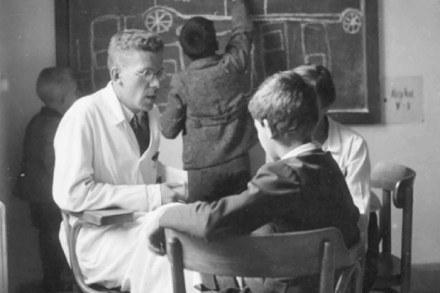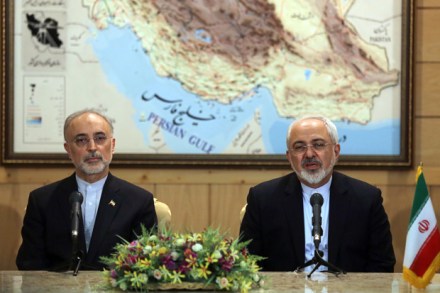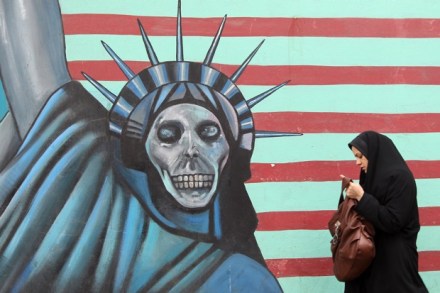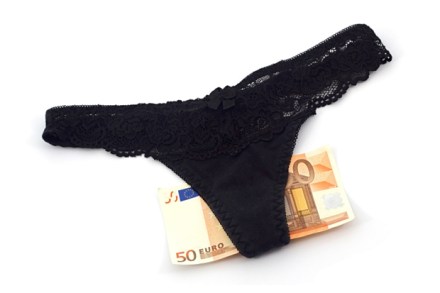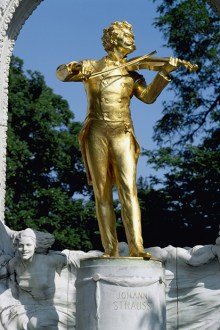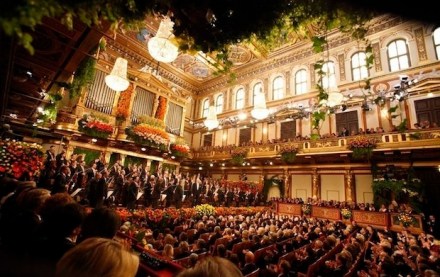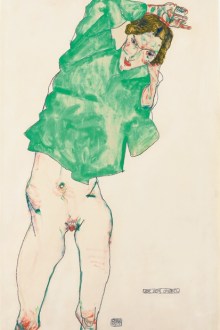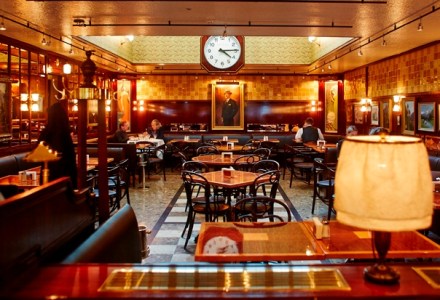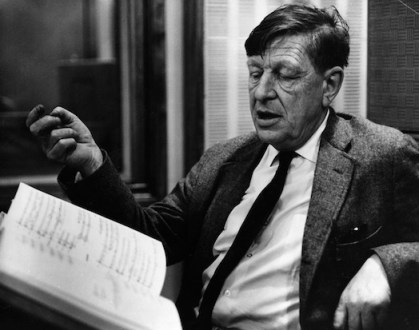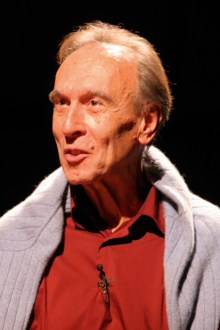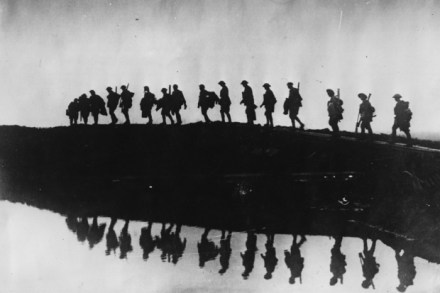Hero or collaborator?
Steve Silberman’s stunning new book looks across history, back to Henry Cavendish, the 18th-century natural scientist who discovered hydrogen, Hugo Gernsbach, the early-20th-century inventor and pioneer of amateur ‘wireless’ radio, and countless other technically brilliant but socially awkward, eccentric non-conformists, members of the ‘neurotribe’ we now call the autism spectrum. He argues passionately for the ‘neurodiversity’ model rather than the medical disease model, for society to stop trying to ‘cure’ or ‘normalise’ those with autism, but to recognise them as neurologically differently wired, to accept difference, and support their disabilities when these surface in certain environments. His book could serve as a manifesto about extending dignity and human rights for
